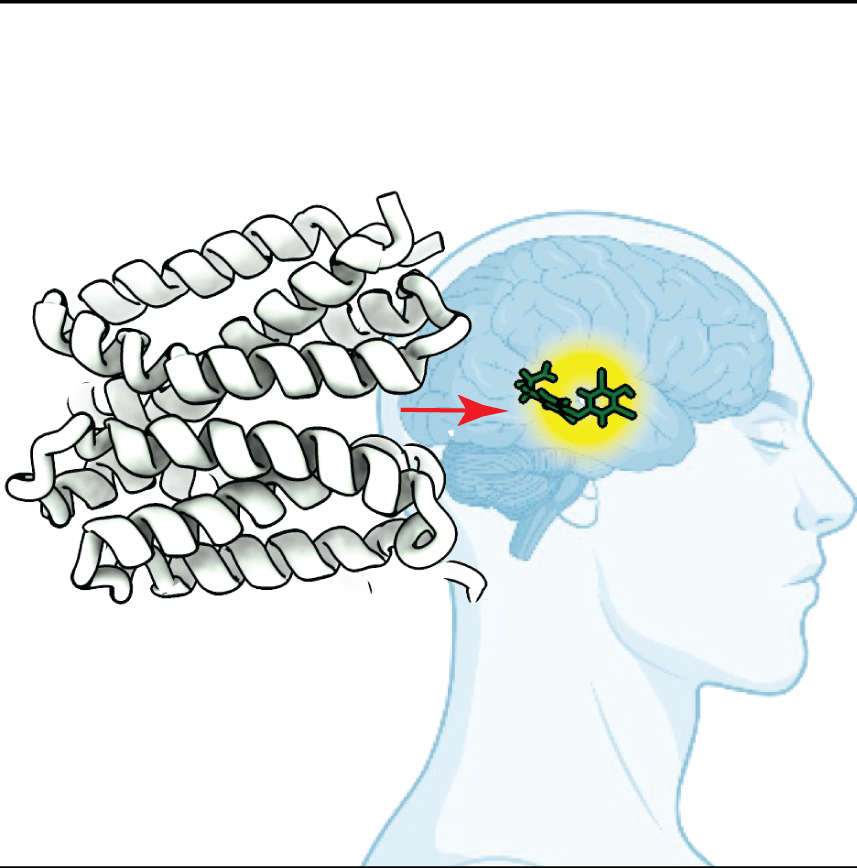How the human genome condenses during cell division
As a result of an international collaboration, Human Technopole researchers identify M18BP1 as an activator of condensin II through a phosphorylation-regulated competition with MCPH1. This previously unknown mechanism fills a significant gap in our understanding of cell division and suggests avenues for exploring how its misregulation contributes to human disease. The results of the research are published in Molecular Cell.
Ageing and Chronic Diseases: Europe Rewards Human Technopole’s Research
The ERC has awarded HT a €2.5 million grant for a study investigating how lifestyle, biology and environmental exposures weaken the immune system over the course of life and increase vulnerability to disease in old age. This new knowledge will help develop models to predict long-term disease risk.
HT National Facilities: One Year On, New Call Open
On 10 June, Human Technopole marks the one-year anniversary of the official opening of its National Facilities, a key milestone in our mission to support excellence in life sciences across Italy. Celebrating this important date, we are pleased to announce that the new Call for Access to the National Facilities is now open. Researchers can submit their proposals until 30 September 2025.
1 fully-funded PhD Position in the Jug Group through DADS
Are you passionate about AI, cutting-edge research, and making a real impact in biomedical science? The Jug Group at Human Technopole is thrilled to announce a new PhD opportunity as part of the prestigious PhD Programme in Data Analytics and Decision Sciences.
How thyroid hormones are transported into target cells
An international collaboration between Human Technopole and Erasmus Medical Centre researchers sheds light on the molecular mechanisms underlying the transport of thyroid hormones in human cells by monocarboxylate transporters (MCTs). The results of the research are published in Nature Communications.




